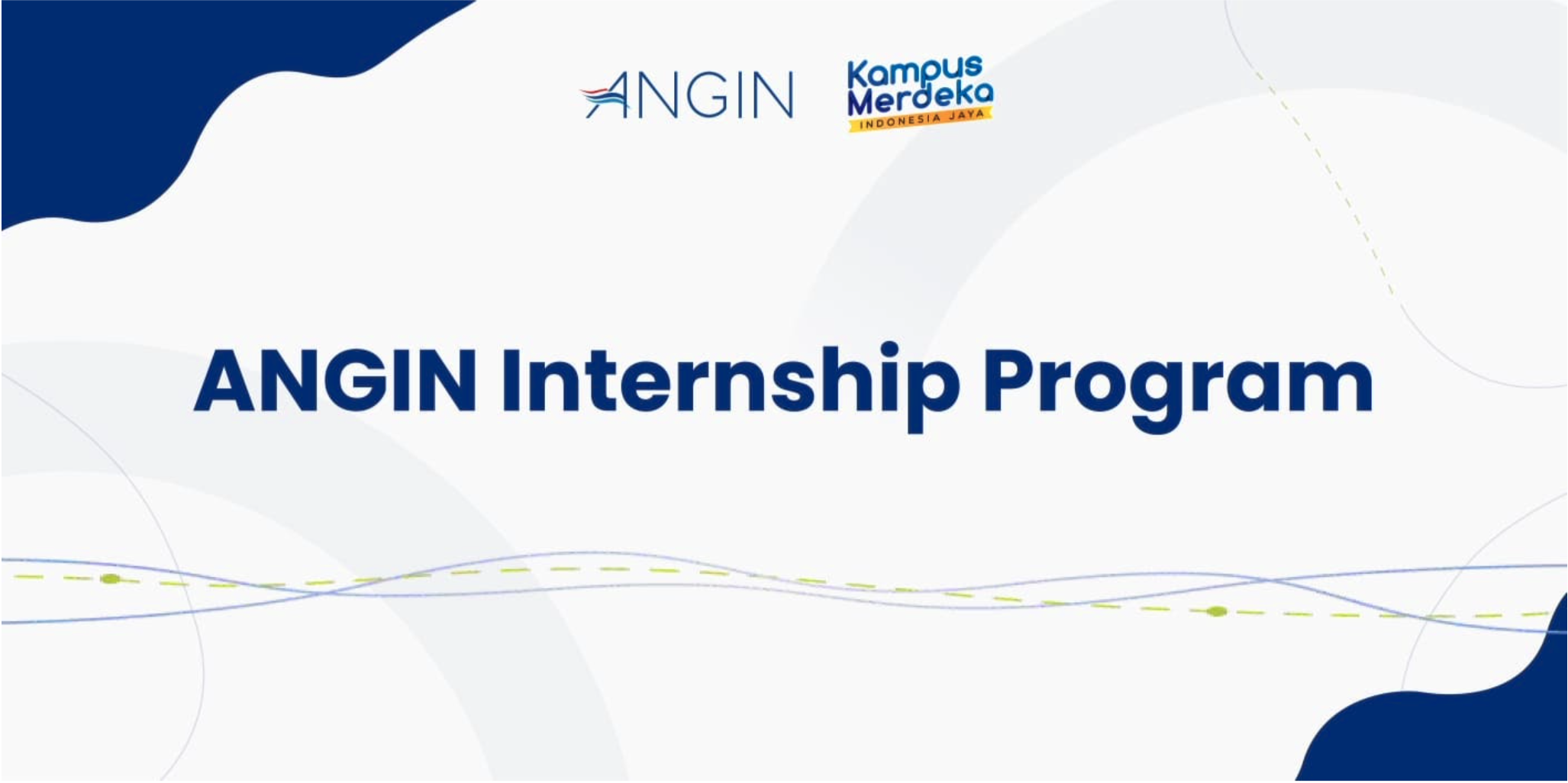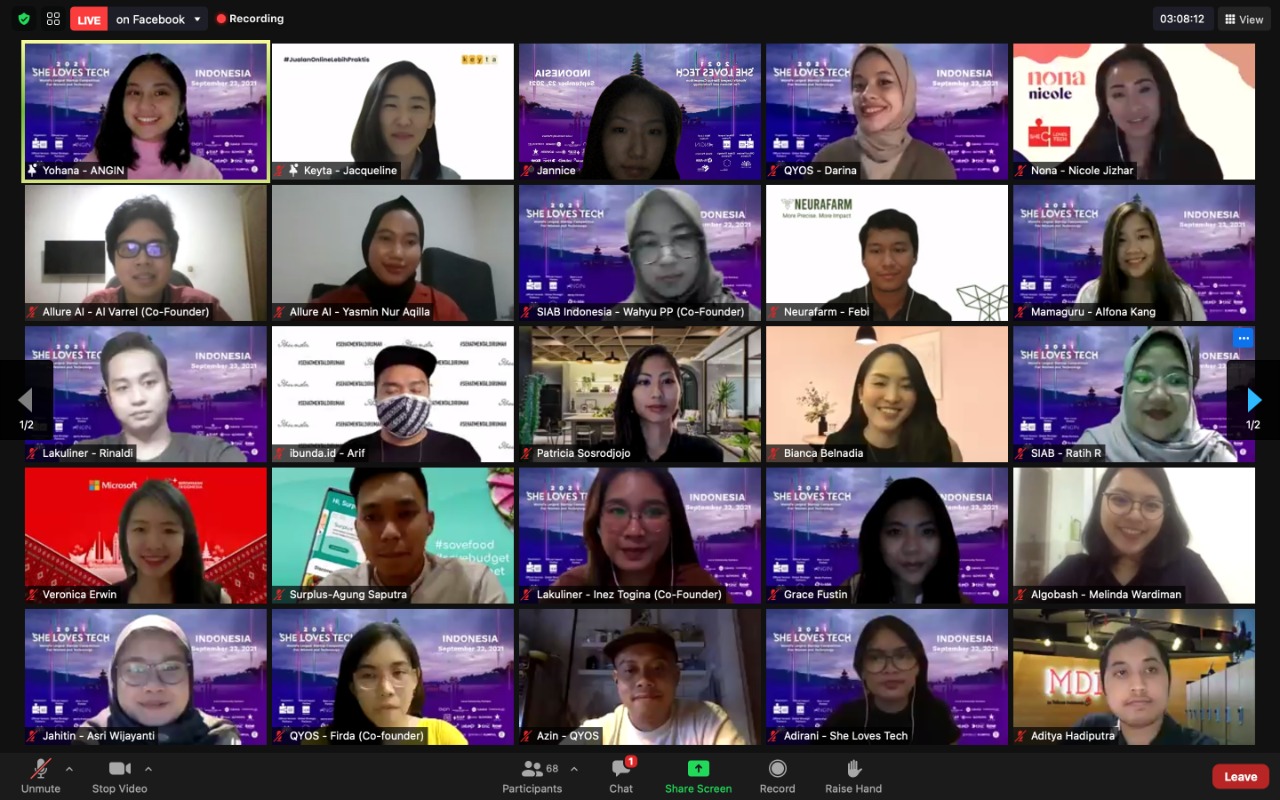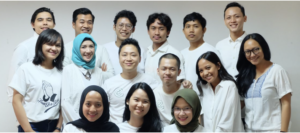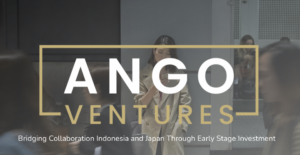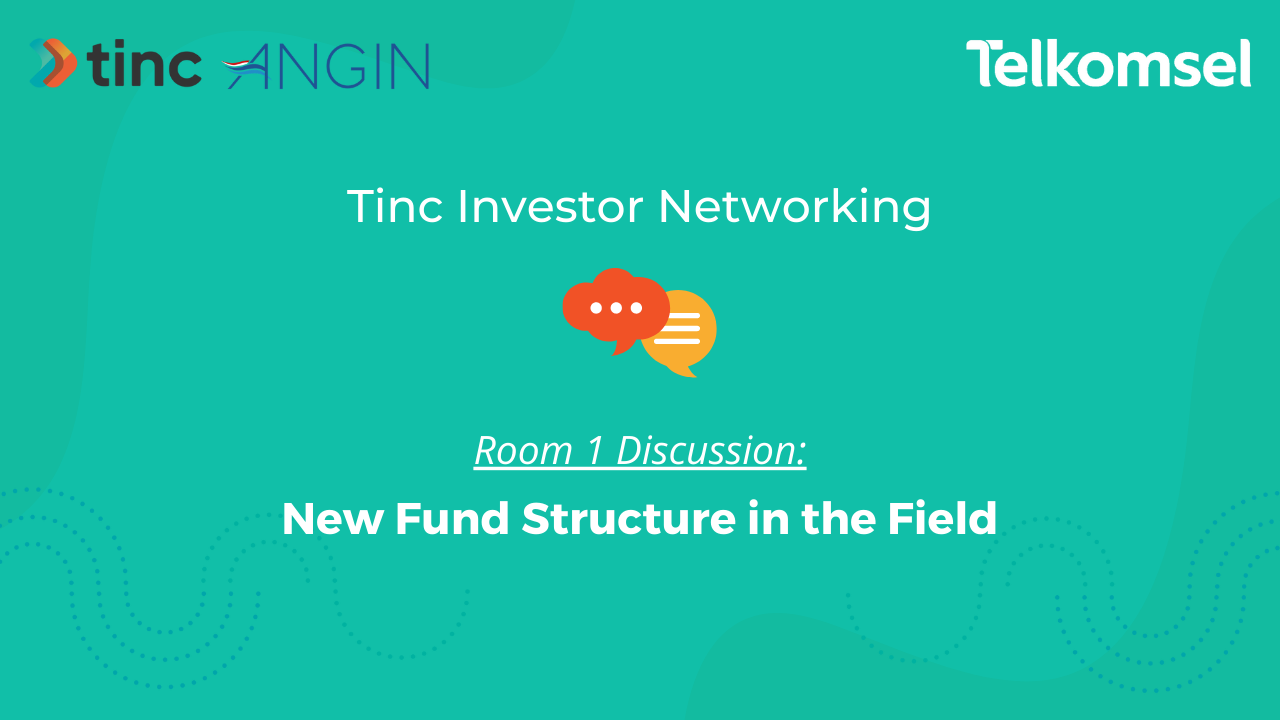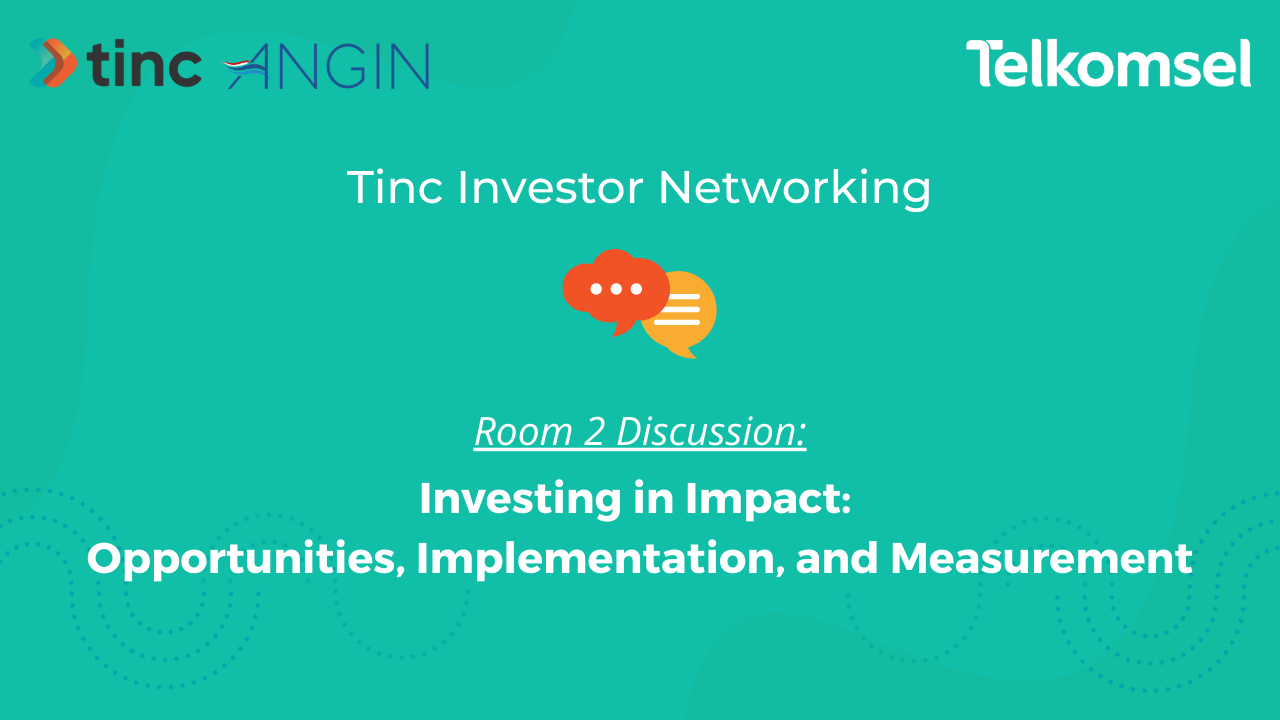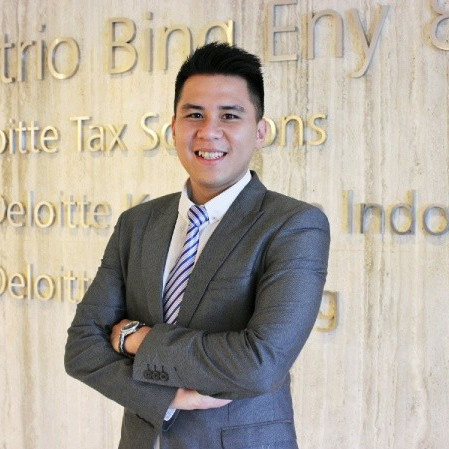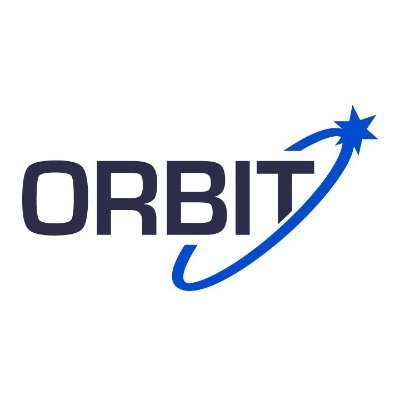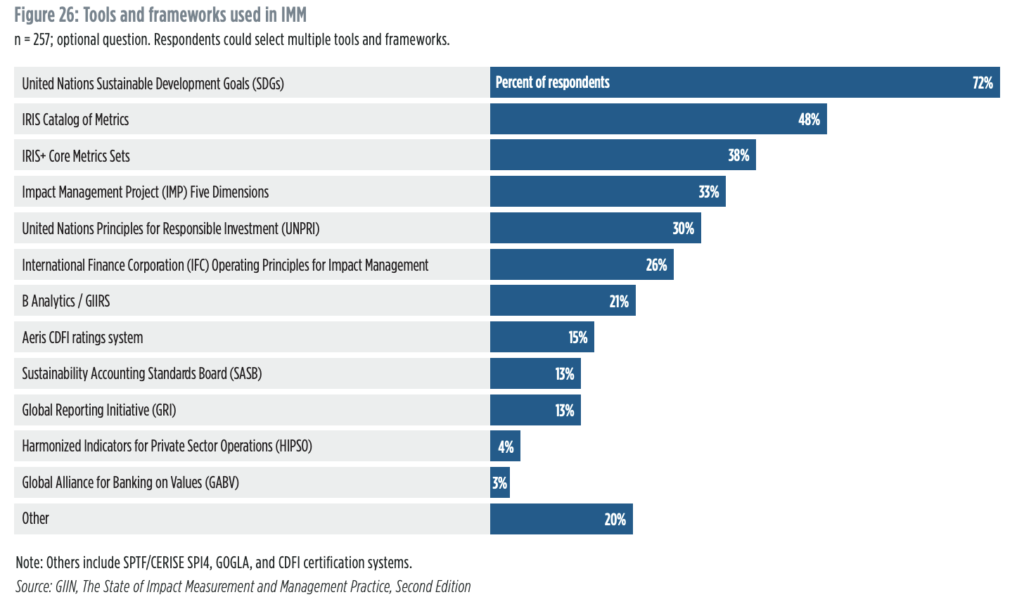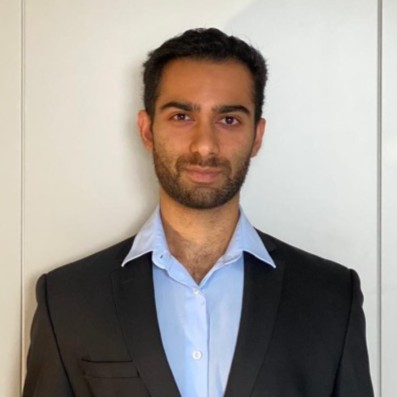ANGIN (Angel Investment Network Indonesia) is one of the industries in Indonesia that support this program by cooperating with universities to provide internship opportunities for students. There are 19 apprentices named ANGIN Internship Program (AIP), they are from 17 different cities and 15 different universities. This program has been running for two months and will end on December 24, 2021.
In ANGIN Internship Program (AIP), all interns have been working and participated in several projects such as Kedaireka, DFAT, Tanoto, and INTRA. AIP Interns gained a lot of new skills in writing, analyzing data and communication strategy. Within this program they also got new knowledge and networking for their future career ahead.
In a fast-paced world, Generation Z must be able to keep up with technological changes, therefore they must compete with each other to collaborate and take advantage of increasing their knowledge and competence. The lack of opportunity to meet face to face due to the outbreak, especially in schools and workplaces, makes us unable to communicate effectively. Understanding this, the Minister of Education and Culture, Research and Technology of the Republic of Indonesia, Nadiem Anwar Makarim decided to run the Merdeka Belajar – Kampus Merdeka (MBKM) program in a various forms including internship program, as a form of government assistance for students quality growth. In particular, this internship program will guide students in understanding the work environment system and prepare them for the work environment in the future.
